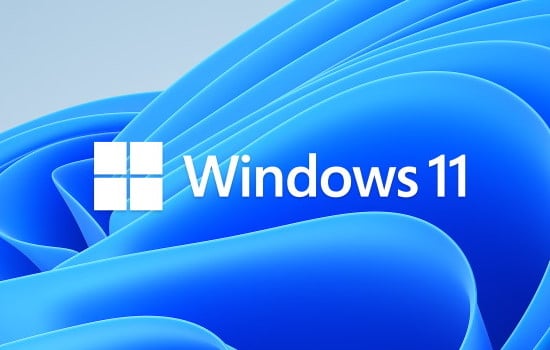Microsoft is not investigating Windows 11 2022 Update gaming performance issues, but AMD is

For many people, the release of Windows 11 2022 Update transformed Windows 11 into the operating system it should have been when it was first launched. But for others, the first major update to the OS has been a serious headache. The latest group of users to have cause for complaint are those with certain AMD CPUs.
There are numerous reports from people with systems powered by Ryzen 7000 series processor chips that there are worrying performance issues when gaming. This is not the first time there have been game performance problems in Windows 11, and it is just the latest in a seemingly never-ending list of issues that are being discovered.
See also:
- Microsoft warns that October 2022 security updates can cause problems joining domains in Windows 11 and older
- Microsoft releases KB5018496 update to bring new features and improvements to Windows 11 2022 Update
- Microsoft fixes bug that blocked upgrades to Windows 11 2022 Update
While Microsoft is yet to say anything about the matter, AMD has acknowledged the problem and says that it is looking into things.
In a support article entitled Performance Characteristics of AMD Ryzen 7000 Series Processors, the company says: "We have been made aware of reports of unexpected performance deltas in certain games with AMD Ryzen desktop processors as well as performance variances between Windows 11 and Windows 10 in certain game titles. We are currently investigating but based on testing to date have not observed a material difference in game performance between OS versions across a variety of operating scenarios and game titles".
The chip-maker continues:
Many factors affect gaming performance, including the game engine, CPU architecture, GPU selection and memory choices. As new architectures enter the market, we often observe performance anomalies which must be addressed by the component vendor or the game publisher. This is not a new phenomenon nor is it unexpected.
As we have done since the introduction of Ryzen, when these performance anomalies are brought to light we will use them to steer our partner engagements with game developers and ecosystem hardware partners to implement optimizations that eliminate the variations.
There have been unconfirmed suggestions that AMD's new CCD (Core Compute Die) is to blame because of a timing mismatch with the thread scheduler in Windows 11. CCD can be disabled, as can SMT (Simultaneous MultiThreading), but this is not really a long-term solution.
It appears that the problem is similar to that which affected NVIDIA GPUs earlier in the year, but we'll need to wait for AMD to complete its investigations before we know for sure.
